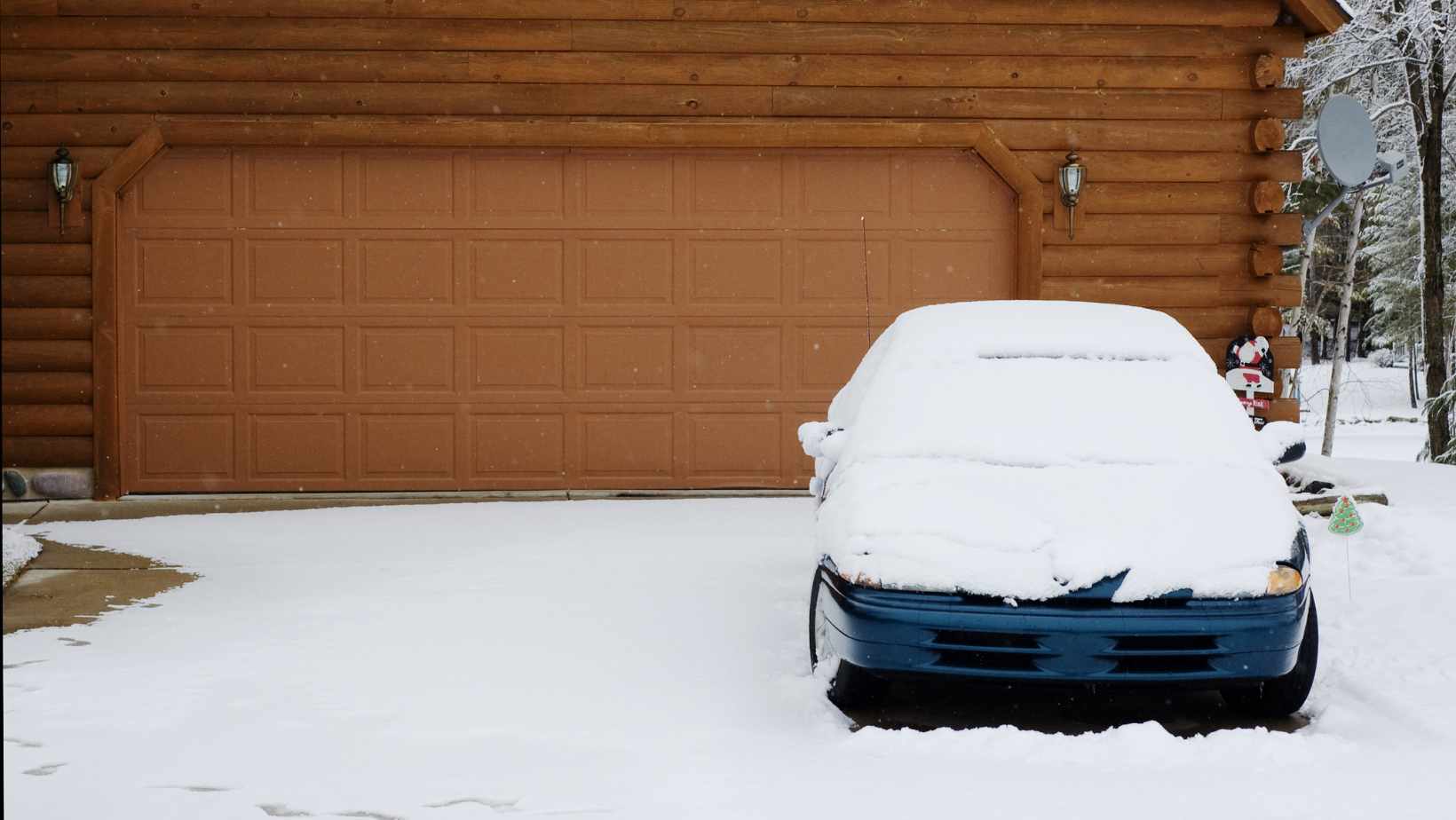If you have a lengthy or inclined driveway, or reside in regions of the U.S. that experience cold winters and substantial snowfall, considering a heated driveway could prove beneficial. It is important to note that heated driveways are highly efficient, capable of melting up to two inches of snow per hour. This ensures that your driveway remains clear of hazardous black ice and snow throughout the winter season.
Do heated driveways use a lot of electricity?
The cost of heating a 1,000-square-foot driveway can vary depending on the electricity rates in your area and the amount of snowfall you receive. On average, it can range from $120 to $600 per winter season. The national average electricity rate is approximately $0.08 per kilowatt per hour, which translates to roughly $1.60 per hour during a snowstorm. It’s worth noting that certain radiant heat systems are energy efficient, helping to mitigate the overall expenses.
How much does a heated driveway cost in Pennsylvania?
Most heated concrete driveways cost $15 – $26 per square foot. The typical cost of a concrete driveway without a radiant heat system is $6 – $16 per square foot.
How warm does a heated driveway get?
Electric coil heated driveways utilize the installation of electrically heated metal rods beneath your pavement. These rods can be controlled to adjust the temperature, timing, and duration of the heating process. The power output of the cables can vary, ranging from 6 to 50 Watts per linear foot, with the capability of reaching temperatures as high as 220°F (93.33°C).
Does a heated driveway increase property value?
In addition, having a heated driveway can decrease the likelihood of facing a negligence lawsuit in the event of a visitor slipping and getting injured. Furthermore, the presence of a heated driveway could potentially enhance the fair market value of your home, particularly considering the location and age of the system at the time of selling your house.
Do heated driveways work in extreme cold?
These heated floor mats generate enough heat to melt snow at a rate of around 2″ per hour. So in heavy snow conditions or extreme cold they won’t work as well.
Can you turn a heated driveway on and off?
You have the option to automate these systems or control them manually, similar to an electric coil heated driveway. The distinction lies in the cost and the convenience of storing them away when winter ends. Both hydronic and electric coil heated driveways are highly effective in preventing snow and ice buildup, making them an excellent choice for maintaining a clear driveway.
Does driveway heat damage concrete?
While not an immediate consequence, neglecting proper maintenance for your driveway can significantly reduce its lifespan. The combination of heat and sun exposure can cause patterns and colors to fade, weaken the concrete’s strength, and deprive it of vital moisture that is necessary for its subsurface integrity.
Do heated driveways use water?
Hydronic driveway heating systems are installed by placing a closed system of plastic tubing beneath the surface of the driveway. A boiler is then used to pump water and antifreeze through the tubing in order to melt the snow and ice above.
Is electric or water better for a heated driveway?
There are two heating systems commonly used for driveways: a water-based hydronic system and an electric system. The electric system is more cost-effective during installation as it eliminates the need for purchasing a boiler to heat the water. However, it’s important to note that operating an electric system can result in higher ongoing costs.
How long does it take to install a heated driveway?
Electric systems can be installed in an existing driveway, but may void the warranty and cost more to run. Heating only the tire tracks reduces installation and operating costs. A heated driveway takes 5 days to 3 weeks to install.

